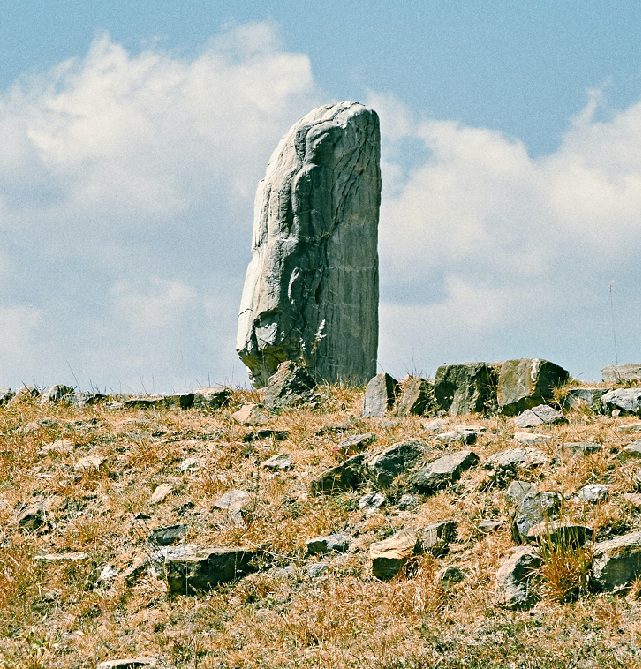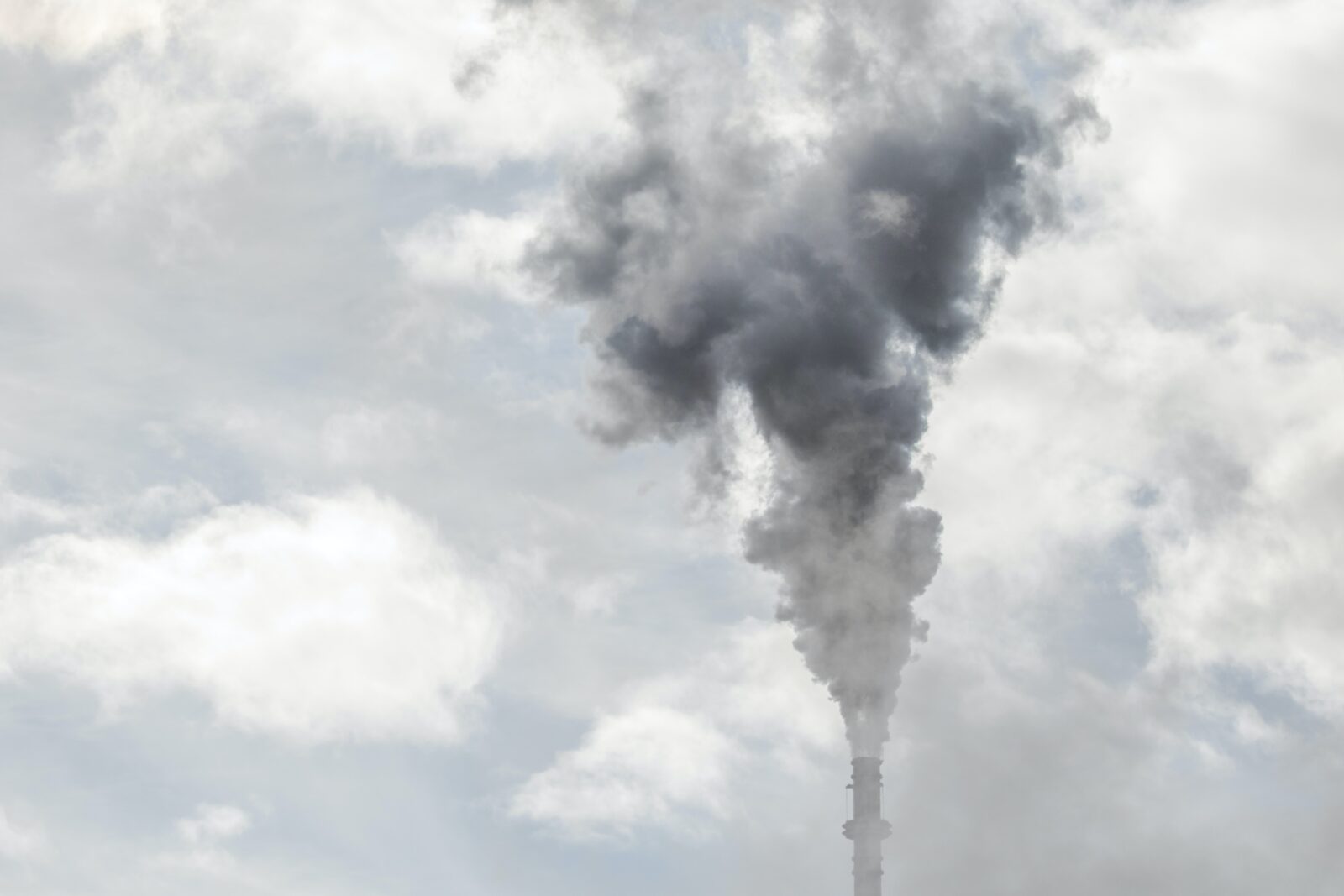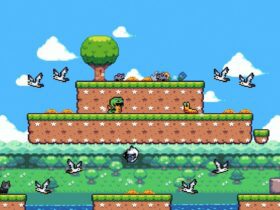How much can the past inform the future? Can we figure out climate change better by analyzing bits of history?
An international team of anthropologists, earth scientists, and geographers discusses a new approach called the archaeology of climate change. They aim to understand climate change better using archaeology.
Here is what you need to know.
The Archaeology of Climate Change: an Intriguing Concept
Professor Burke and her team aim to find the tipping points in climate history that driven civilizations to rearrange their societies to survive. They also want to show how cultural diversity is as vital today as a fortification against global warming.
But what is the archaeology of climate change?
According to researchers, this approach represents an interdisciplinary science that needs the paleoclimate record data from archaeological findings to examine how people interrelated with their environments during previous climate change events. That includes the warming that trailed the last ice age over 10,000 years ago.
Prof. Burke explains:
“The archaeology of climate change combines the study of environmental conditions and archaeological information.”

How will the archaeology of climate change help?
Researchers can examine the fast warming that happened between 14,700 and 12,700 years ago by choosing this approach. They can also find out how people faced some worst scenarios, modeling possible outcomes of climate change.
Traditional farming practices, for example, are considered effective alternatives that can be used to reshape industrial farming. That way, it can become more sustainable.
The return in northeastern North America of multi-cropping agriculture built on the so-called “three sisters,” beans, squash, and corn, is another perfect example. As per researchers’ findings, there are archaeological models for that.
We need to use them to create a more sustainable way of farming that will guarantee food security in the future.
Researchers still need to figure out more things, but so far, they came across an intriguing approach that needs to be explored further.












Leave a Reply